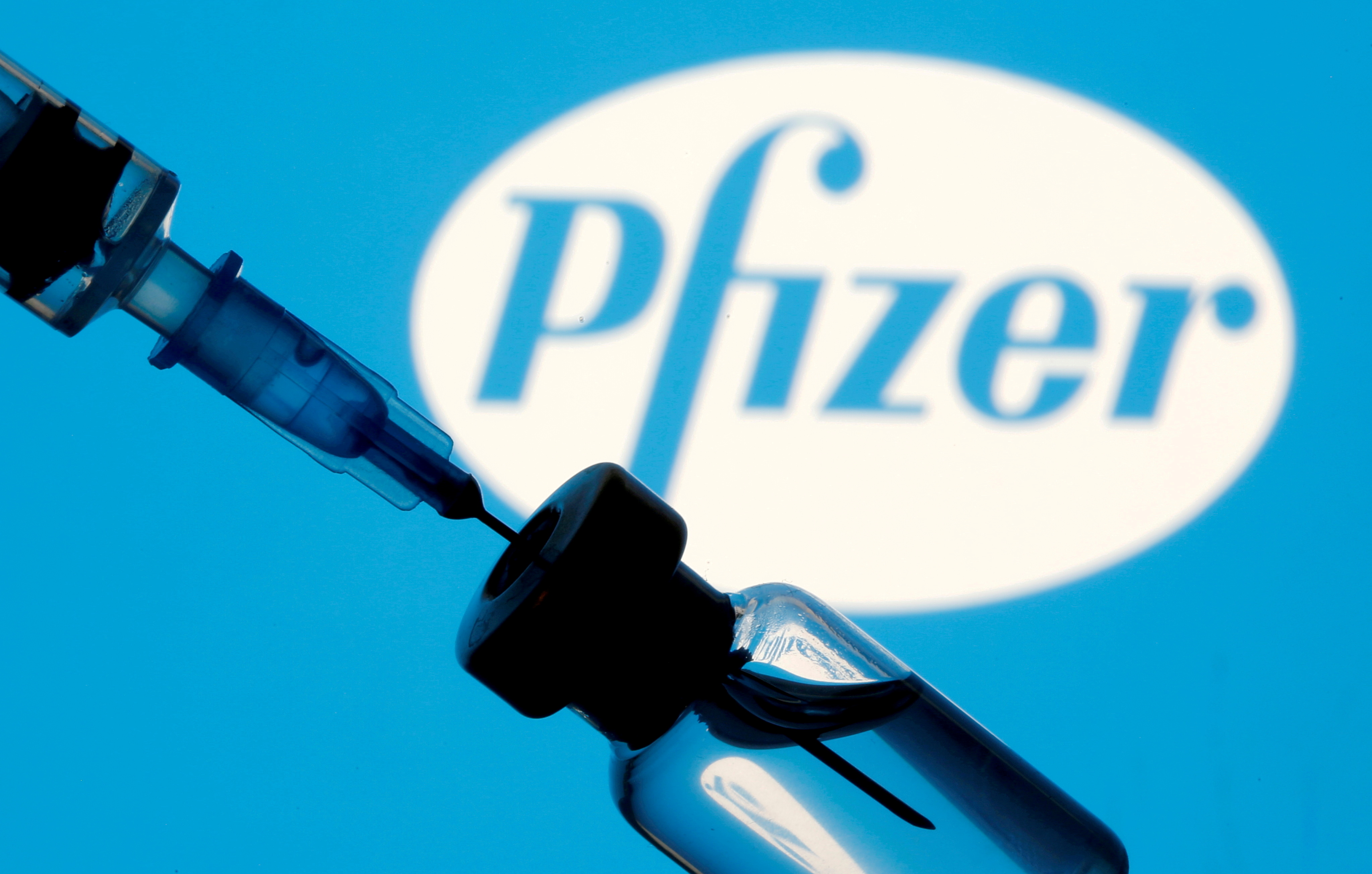Pfizer Inc. and BioNTech SE today announced plans to provide the U.S. government at a not-for-profit price 500 million doses of the companies’ COVID-19 vaccine, 200 million doses in 2021 and 300 million doses in the first half of 2022, to further support the multilateral efforts to address the surge of infection in many parts of the world and to help end the pandemic. The government will, in turn, donate the Pfizer-BioNTech vaccine doses to low- and lower middle-income countries and organizations that support them.
As part of the plan, the United States will allocate the vaccine doses to 92 low- and lower middle-income countries and economies as defined by Gavi’s COVAX Advance Market Commitment (AMC) and the 55 member states of the African Union. The U.S. government and the companies will work with COVAX to ensure these vaccines are delivered to the specified countries around the world in a way that is most efficient and equitable.
These doses are part of Pfizer and BioNTech’s previously announced pledge to provide two billion doses of the COVID-19 vaccine to low- and middle-income countries over the next 18 months.
“Our partnership with the U.S. government will help bring hundreds of millions of doses of our vaccine to the poorest countries around the world as quickly as possible. COVID-19 has impacted everyone, everywhere, and to win the battle against this pandemic, we must ensure expedited access to vaccines for all. I want to thank President Biden for his leadership in protecting the least advantaged of our global neighbors,” said Albert Bourla, Chairman and Chief Executive Officer, Pfizer. “Fair and equitable distribution has been our North Star since Day One and we are proud to do our part to help vaccinate the world, a massive but an achievable undertaking.”
“As a vaccine developer, we felt the duty to develop a well-tolerated and highly effective vaccine and make it available to as many people worldwide as possible. Today’s agreement underlines that the joint efforts of the private and the public sector are providing solutions to help end this pandemic,” said Ugur Sahin, M.D., CEO and Co-Founder of BioNTech. “We are also committed to realizing sustainable solutions by supporting the establishment of manufacturing networks on various continents. Our first step has been the establishment of our Regional Headquarters for south east Asia in Singapore which will also include mRNA manufacturing capacities for regional and global supply. It is our goal to leverage our proprietary mRNA technology to help improve the health of people around the world.”
Deliveries of the 200 million doses will begin in August 2021 and continue through the remainder of the year. The 300 million doses for 2022 will be delivered between January and end of June 2022. The U.S. government also has the option for additional doses in 2022. The plan is to produce the doses being purchased by the U.S. government in Pfizer’s U.S. facilities. Those U.S.-based sites involved in the production of the COVID-19 vaccine include Kalamazoo, MI, Andover, MA, Chesterfield, MO, Groton, CT, and McPherson, KS.
To date, Pfizer and BioNTech have shipped 700 million doses to more than 100 countries or territories around the world. The companies have direct supply agreements in place with 122 countries and discussions are ongoing with many more on the supply of the companies’ COVID-19 vaccine. Based on current projections, Pfizer and BioNTech expect to manufacture up to 3 billion doses of the COVID-19 vaccine in 2021. The production capacity has consistently grown due to continued enhancements to the vaccine’s supply chain, which include expanding existing facilities, adding more suppliers, and bringing on additional Pfizer/BioNTech sites and contract manufacturers around the world to produce the vaccine.
Pfizer and BioNTech have an existing agreement in place to supply vaccine doses to the COVAX Facility, a mechanism established by Gavi, the Vaccine Alliance, the Coalition for Epidemic Preparedness Innovations (CEPI) and World Health Organization (WHO) that aims to provide governments with early access to a large portfolio of COVID-19 candidate vaccines using a range of technology platforms, produced by multiple manufacturers across the world. Pfizer-BioNTech doses allocated through COVAX have reached countries in every region of the world, including Rwanda, South Korea, Colombia, Peru, Cabo Verde, Tunisia, Angola, West Bank and the Gaza Strip, Moldova, El Salvador, Mongolia, the Maldives, Bosnia and Herzegovina, Georgia, the Ukraine, Bolivia, Kosovo, Bhutan, Bangladesh, Laos, Pakistan and the Philippines. Deliveries to 47 countries and territories around the world are planned through June 2021 as part of the COVAX second round allocation of Pfizer-BioNTech COVID-19 Vaccine doses.

 These doses are part of Pfizer and BioNTech’s previously announced pledge to provide two billion doses of the COVID-19 vaccine to low- and middle-income countries over the next 18 months.
These doses are part of Pfizer and BioNTech’s previously announced pledge to provide two billion doses of the COVID-19 vaccine to low- and middle-income countries over the next 18 months.



















.jpeg)












